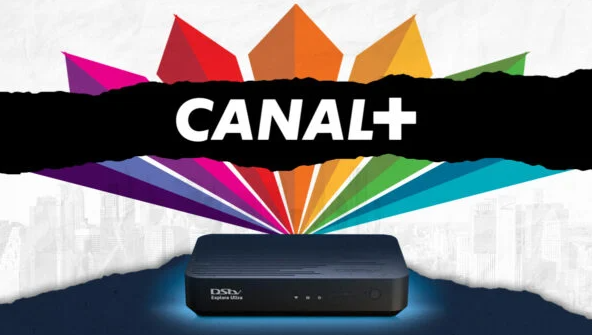Business
Big Change for DStv Owner MultiChoice in South Africa

MultiChoice, the owner of DStv, is set for a major structural transformation following a R55 billion takeover bid by French broadcasting giant Canal+.
While the deal still requires regulatory approval, MultiChoice has assured that DStv customers will not experience disruptions, and the merger could bring long-term benefits like improved content and technology.
However, the transaction faces strict South African broadcasting laws, particularly the Electronic Communications Act (ECA), which limits foreign ownership and control of local broadcasting licenses.
The Canal+ MultiChoice Takeover: What’s Happening?
Canal+ has offered to buy all remaining shares in MultiChoice for R125 per share, valuing the group at R55 billion. The French company already owns over 45% of MultiChoice, meaning it needs to spend around R30 billion to complete the takeover.
Despite customer concerns, MultiChoice told BusinessTech that the merger would not disrupt DStv services and could lead to better content and technological advancements.
“The transaction will not lead to any disruption for MultiChoice’s viewers, who will continue to access its services as normal,” the company said.
Why MultiChoice Created LicenceCo
A major hurdle for the merger is South Africa’s ECA regulations, which:
- Restrict foreign control of commercial broadcasting licenses.
- Limit foreign voting rights in license holders to 20%.
- Require that at least 80% of the board members of a broadcasting licensee be South African.
To navigate these restrictions, MultiChoice is proposing a new structure by creating an independent entity called LicenceCo.
How LicenceCo Works:
- LicenceCo will hold MultiChoice’s South African broadcasting license.
- It will be majority-owned by Historically Disadvantaged Persons (HDPs), including:
- Phuthuma Nathi BEE scheme (27% stake).
- Black-owned companies (Identity Partners Itai Consortium and Afrifund Consortium).
- A Workers’ Trust (ESOP).
- MultiChoice will retain a minority 49% economic interest and a 20% voting right in LicenceCo.
This setup allows Canal+ to take over MultiChoice Group while still complying with South African regulations.
Regulatory Hurdles Ahead
The proposed structure has been submitted for approval but must pass several regulatory bodies, including:
- Icasa (Independent Communications Authority of South Africa)
- Competition Commission and Competition Tribunal
- Financial Surveillance Department
- JSE (Johannesburg Stock Exchange)
- Takeover Regulation Panel
Each step poses potential challenges, and securing government approval remains uncertain.
What This Means for DStv Customers
For now, DStv subscribers will not be affected, and MultiChoice claims the deal could lead to:
Better content offerings through Canal+’s extensive international partnerships.
Advanced technology improvements for a better user experience.
Continued access to current DStv services without disruption.
However, the merger’s long-term impact will depend on regulatory outcomes and how well MultiChoice and Canal+ integrate their operations.
A Game-Changer for South African Broadcasting?
The MultiChoice-Canal+ merger is a historic move that could reshape South Africa’s television and streaming landscape. While regulatory obstacles remain, the proposed LicenceCo structure offers a workaround that may allow the deal to proceed.
The question remains: Will South African regulators approve the transaction, or will Canal+ face further challenges?
Follow Joburg ETC on Facebook, Twitter , TikTok and Instagram
For more News in Johannesburg, visit joburgetc.com















